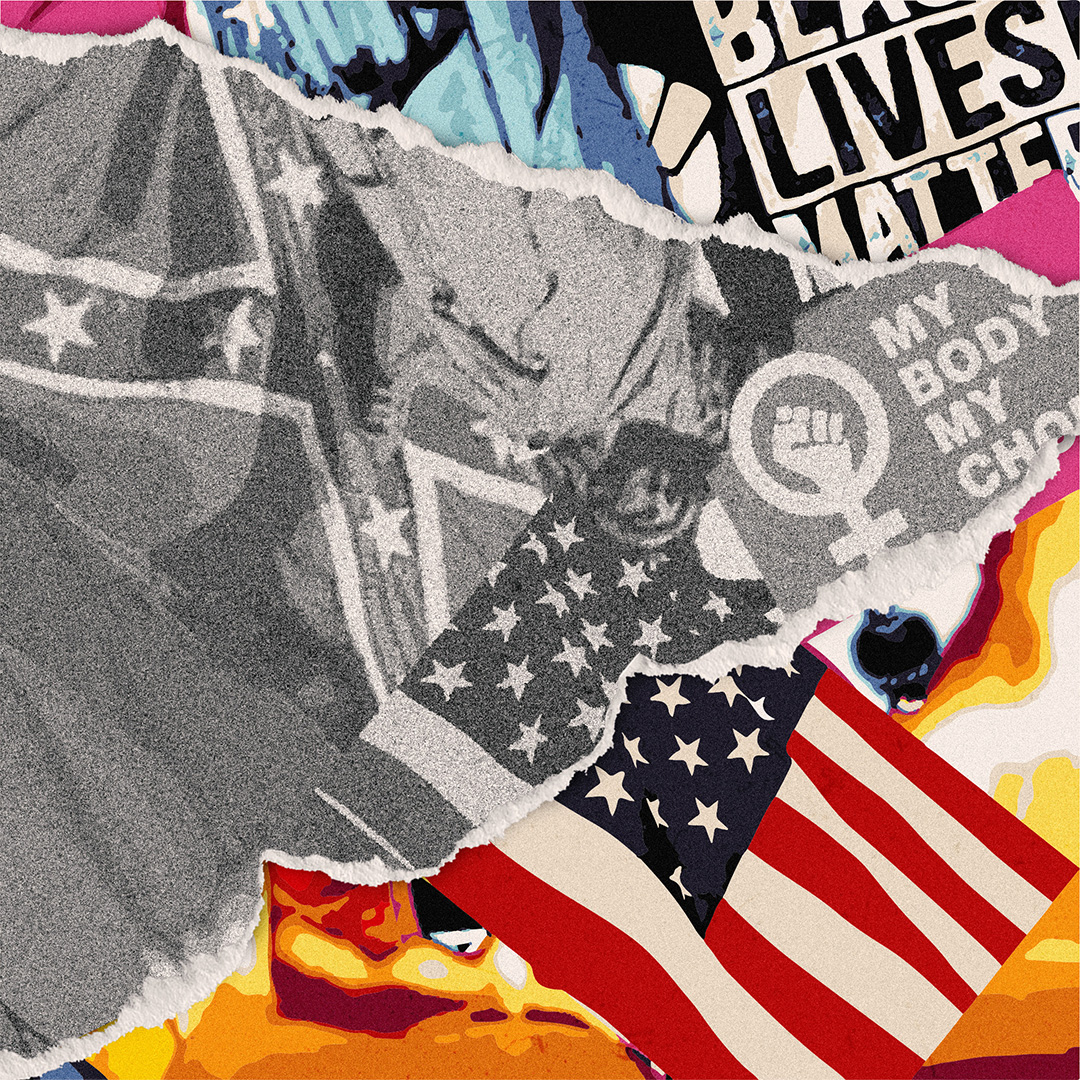This story is syndicated from Knightly News, the newspaper of Hume Fogg High School in Nashville, TN. The original version of the story ran in print.
With the 2024 election finally decided and former President Donald Trump scheduled for a second term, the future and foundation of the United States is one of extreme uncertainty. Many citizens see Trump’s re-election as a reflection of the growing hate and division throughout the country. Supporters cheered when he called immigrants animals and threatened to jail political opponents without offering clear evidence of crime.

Then, just after the official announcement of Trump’s second term, a series of texts which addressed recipients by name ordered black Americans to report to a nearby plantation location. They were sent to people as young as high-school students across at least 30 states, including Tennessee. That has since spiraled into other targets, including Latino and LGBTQ communities.
With the timing of such incidents, it isn’t difficult to point to the decision of the 2024 election as the catalyst of such hate in the nation. However, even before the ruling of the election, hatred in the United States had been on a steady incline; 2023 saw antisemitic incidents in the US increase by 140% from 2022, and according to the FBI’s annual crime report of 2023, 51.5% of all hate crimes were based on race or ethnicity. Additionally, according to the same report, 2,402 hate crimes were related to a victim’s sexual orientation – up from 1,947 in 2022.
Though this observed increase is extremely concerning, it’s relatively unsurprising given the individualism seen throughout the United States. The U.S. is often referred to as “the melting pot” due to the sheer number of cultures and ethnicities coexisting in one country. Still, a consequence of this is that the amount of different perspectives and values that come along with such a diverse population can create unbearable gaps from American to American. Where one group of people might deem it unacceptable for two people of the same sex to get married, another group may consider it a basic human right.
This tension between groups and their respective perspectives has been the basis for conflict within the U.S. since the country formed. From debates on humanitarian rights to disagreements on definitive values, the current ambiguity of what the United States stands for as a country allows tensions and disagreements between groups in the U.S. to fester into hatred. “We’ve already seen them escalate to unthinkable acts of hate and violence—like assassination attempts, Nazism, and riots, and public threats to control women—and they may only continue to accelerate.”
Considering the increasingly volatile political climate and the rise in international conflicts and political pressures, we seem to be reaching the end of the fragile balance of coexistence in the U.S. We may soon be forced to confront the muddled values our nation is built upon and truly examine the consequences. We will have to dig deep and bring back into the discussion the deep weave of discrimination sewn into this country, clearly never healed. We will have to stop putting off the clear inequalities and prejudices between genders. We will have to face the reality of what it means to truly be a free nation for all people. Threats of a new civil war and secession would be just the beginning — if our country and its people do not soon take a step back and reevaluate the definition and identity of America, then the hatred will only continue to grow until the very nation of the U.S. is no more.



